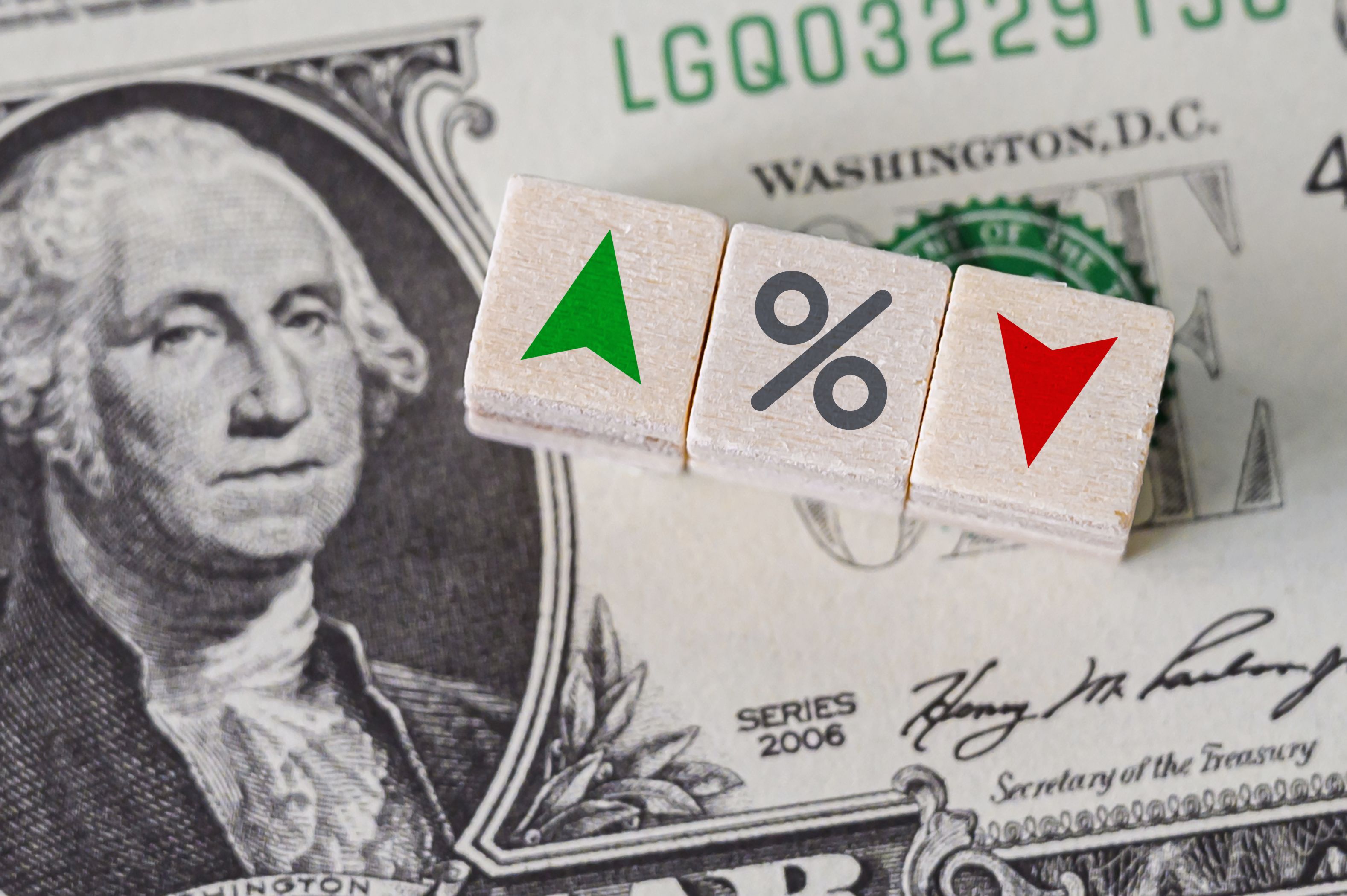 |
|
A lot can change in a month. The June edition of this report highlighted the good progress that the Chinese authorities had made towards capital account reform, but the recent fallout in the stock market and the authorities’ response to stabilise it marks somewhat of a setback.
With the stock market continuing to ascend at breakneck speed in April, it was China’s securities regulator that started to highlight the inherent risks in the market. Curbs on margin lending were introduced and retail investors were warned against borrowing to fund investment. Exchanges themselves made it easier for investors to short stocks. Nevertheless the market continued to rise.
A wider crackdown on margin lending a month later was the catalyst that burst the bubble. Cue a whole lot of backtracking from the authorities with margin lending loosened again as the Shanghai Composite tumbled towards 4000. Soon after, Beijing unveiled a raft of measures to prop up the market. Company shareholders with stakes of 5% or more were banned from selling shares for six months, as were company officials and board members no matter how small their holding. IPOs were suspended, government owned companies were told not to sell their shares and, at one stage, more than 50% of listings on both Shanghai and Shenzhen were suspended. State Pension funds have been upping their equity allocation. And fees for retail trading of stocks were also reduced to encourage buying which seems a little imprudent while the market is so volatile. And let’s not forget there was another rate cut from the PBOC and a further reduction in the Reserve Ratio Requirement, at least partly aimed at propping up share prices.
The biggest news, though, was that the PBOC was funnelling funds via the China Securities Finance Corporation to pump funds into the market - a sort of QE light. Or maybe not that light as we’re not exactly sure how much has been thrown at the problem. It certainly helped to stop the rot with the Shanghai composite hitting above 4000 again July 20-24 – maybe not too surprising with the central bank coming in as the buyer of last resort.
What is most difficult to grapple with is the panicked reaction from Beijing. The Xi-Li leadership has been relatively sanguine about the economic slowdown and seemingly come to accept that China faces a lower growth trajectory than in the past. While action has been taken to stem the rate of decline in GDP, the authorities have held back from excessive stimulus. So why is the stock market causing so much concern, after all the Shanghai composite index is still up around 85% on the year?
It likely boils down to two possibilities, either political face-saving or concerns about systemic financial instability. A third possibility is concern that a sharp correction in equities could cause a significant wealth effect and a drop in consumption, although we’re sceptical that the impact will be large. Equities make up a relatively small proportion of household wealth (less than 15%) and there is little past evidence to suggest a strong linkage between equities and consumption. Also, most Chinese investors are short-term, looking to turn a quick profit, rather than long-term investors. Certainly, participation in the equity market has rocketed recently with trading accounts opening at breakneck speed. Still, stocks were up over 150% at one stage and the gains here need to be balanced against the losses of more recent newcomers. Many will have lost in the recent downturn but it’s not the case that a large proportion of the country’s life savings are in danger.
Back to the first possibility, political face-saving. It’s easy to underestimate the political capital tied to the fortunes of the stock market. President Xi has espoused the benefits of shifting away from bank lending and developing deeper equity and bond funding to boost growth. And the Shanghai-Hong Kong Stock Connect has been a well publicised initiative to show the market opening up. With the real estate market flagging, the positive press coverage has encouraged more and more retail investors to jump on board the stock rally. A sharp unanswered decline in share prices may have been just too much for Beijing to stomach.
But could the authorities be seriously concerned that the sharp sell-off marked a threat to wider financial market instability? A lot of numbers have been thrown about to either support or denounce the systemic risk scenario, but the risks to the banking industry seem relatively limited. The high degree of margin lending may well pose a risk to brokerages and funds but they are a relatively small proportion of the financial system. Banks’ exposure is limited compared with their assets. Of course a risk averse government could be seeking to head off any potential problems before they arise, although the scale of the intervention strikes as somewhat overdone – unless the authorities see something terrifying that we can’t see yet. And it is this outsized intervention that represents somewhat of a setback. The start of the Xi-Li leadership was marked by their pledge to let market forces play a “decisive role”, but now it is the authorities that have made clear their intentions which way stocks should head. There clearly remains an unease with letting go.
The authorities have made quick progress over the past couple of years to open up further the capital account, but the latest stock market shenanigans have set off some alarm bells in Beijing. While it may not blow them completely off the reform course, the view that China’s markets are not yet mature enough to be open has no doubt been given greater weight.
Philip Uglow is chief economist of MNI Indicators









